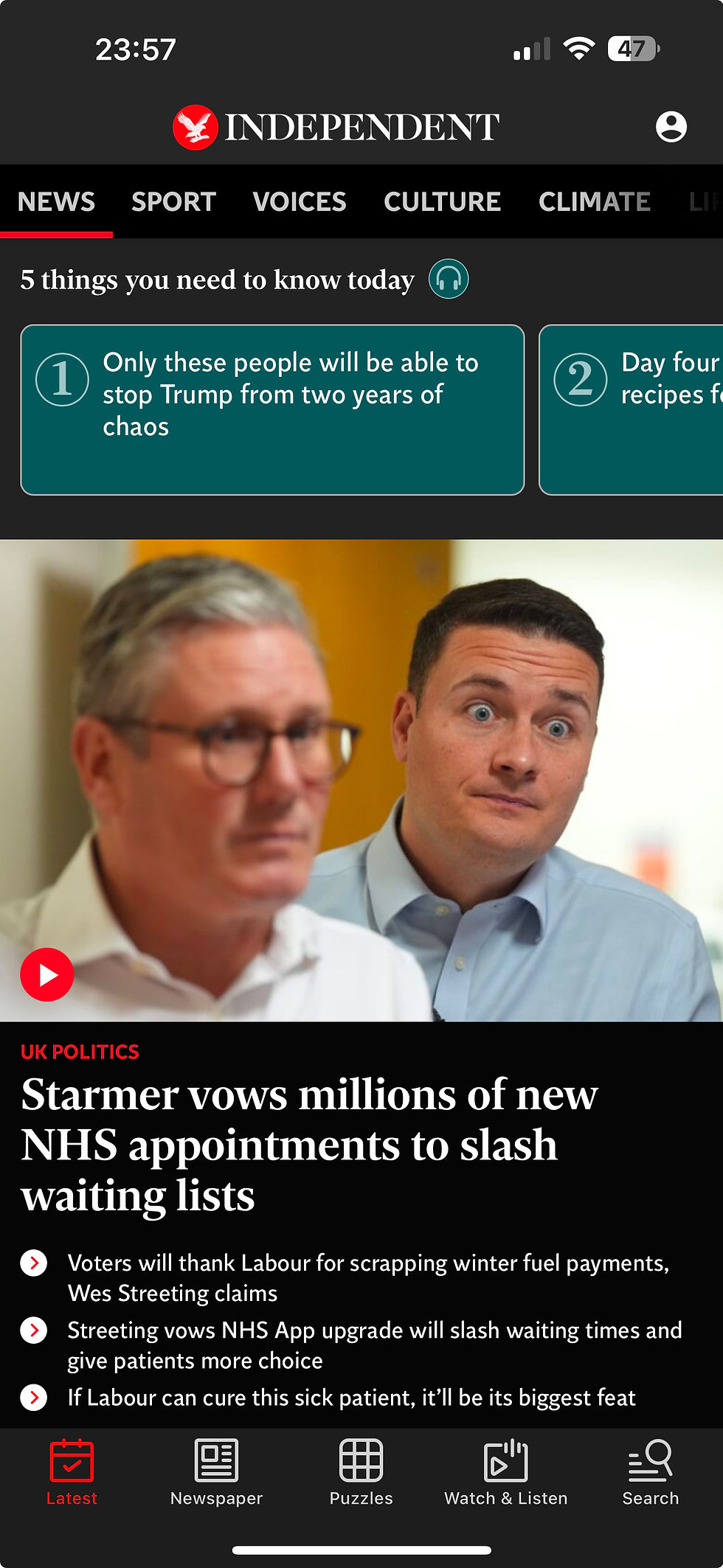Portfolio Careers 101: What’s so great about Health Economics? Part 2
- drjmalasi
- Jul 12, 2025
- 3 min read
Updated: Jul 13, 2025
Part two - Making sense of it.

I discovered that health economics isn’t necessarily what I thought it was.
So what is health economics really? And what is it relevance to Health?
In some sense, it is the embodiment of a portfolio ‘science‘, begging, borrowing and stealing from markets, mathematics, medicine, the humanities, natural sciences, psychology & behavioural psychology and human dynamics.
On the one hand it provides hard-edged mathematical modelling so prized in ‘Health Technology Assessments’ at NICE, for example. More broadly, its policies describe and inform how health systems develop equitable financing, workforce distribution, quality metrics and health service performance indicators.
Where it intersects quite neatly with medicine is establishing what a society will pay for healthcare, based on what it fundamentally values.. hence, ‘Willingness To Pay’, QALYs, DALYs, etc..
That intersection manifests itself across different healthcare systems and within policy making. Examples of these are the more pro-social iterations found in Universal Health Care (UHC) systems such as the UK or Thailand, then the middle ground of mixed social health insurance (SHI/VHI) models prevalent in many parts of Europe, and at the other extreme, a fully market-led American system. Frankly, I know which system I would want to live in.
Throughout my MSc in global healthcare leadership, I was continually struck by the different permutations and variations of healthcare systems. What they cover, who they cover and when they cover patients. Obviously this begs the question, which system ‘is best’ or the glib ‘why don’t we adopt Singapore?’ question.
These are fair questions to ask but require a deep and thoughtful exploration of how those systems evolved to where they are today. My understanding is that they are not simply a product of politicians, clinicians and policy makers devising strategy, but rather the consequence of a much deeper social, historical and philosophical movement. You couldn’t ’lift & shift’ Von Bismarck or William Beveridge. A fairer and more balanced perspective may be to learn & adapt to our context. That is where global health & health economics really gets interesting.
Incidentally, a most accessible & fabulous book to read or the podcast if you can find it, is ‘Edible Economics: A Hungry Economist Explains the World Book’ by Ha-Joon Chang. Love this one. Another top book is ‘Happiness’ by Professor Richard Layard. He is the reason we have ‘Talking Therapies’ in the NHS today!
I am grateful to have been able to study and develop some understanding of how economics and economic thinking integrates into the broad piece, on how it affects society and the kind of places we want to live.
On a more practical level, it is important to understand why the NHS functions like it does. Particularly in financially constrained times, the easy and convenient answers are the ones politicians scrabble for. Where economics can help is to develop that understanding and inform policy & senior leadership decision-making. Ultimately, it is impossible to resist what you don’t understand !
So finally, why study health economics?
If you enjoy mathematics or the statistical side of evidence based medicine, there is always academia, research and the intersection with industry. Although not strictly necessary, and depending on your role You may incorporate it in Health technology Assessment work, as I do at NICE.
It is a very useful skill to have within think tanks, healthcare advisory or policy making.
Your motivation may be altruistic or knowledge seeking. It will give you a new perspective and language with which to describe the world. You will become better armed to defend a position, particularly on finance and service changes. And, who knows maybe become the most interesting person in the room!
Summary:
Health economics might sound intimidating, but at its heart, it’s about making sure every pound spent brings real value to patients. As a clinician, I’ve seen how economic thinking shapes everything from prescribing decisions to national policy.
Mentorship in health economics:
The field is full of jargon—cost-effectiveness, QALYs, health equity—that can be overwhelming for newcomers. A mentor can break down these concepts, show you how to interpret research, and help you apply economic thinking to everyday clinical dilemmas. This is especially important as AI and real-world data analytics become more central to our decision-making. These are the kinds of decisions we make regularly at NICE.
Common challenges:
- Balancing efficiency with fairness
- Understanding how economic models influence policy
- Navigating administrative hurdles in funding and resource allocation
Encouragement:
If you’ve ever wondered how to make your clinical voice heard in budget discussions, or how to advocate for your patients using economic evidence, mentorship can help you build those skills. Find a mentor ho can translate theory into practice.



Comments